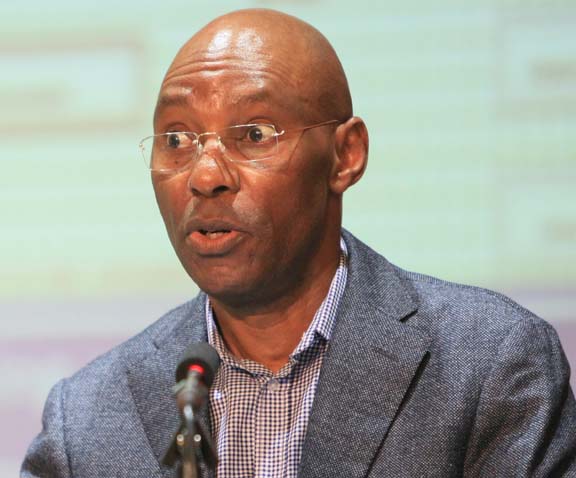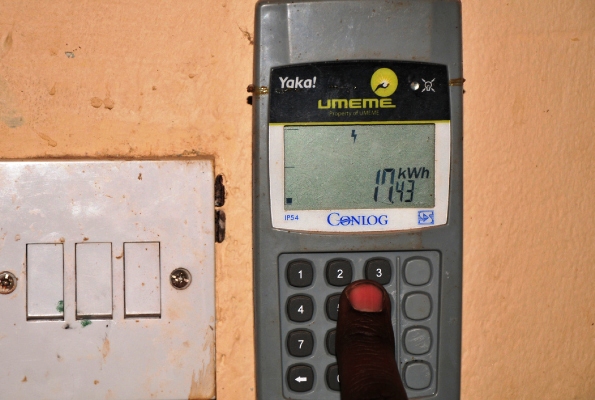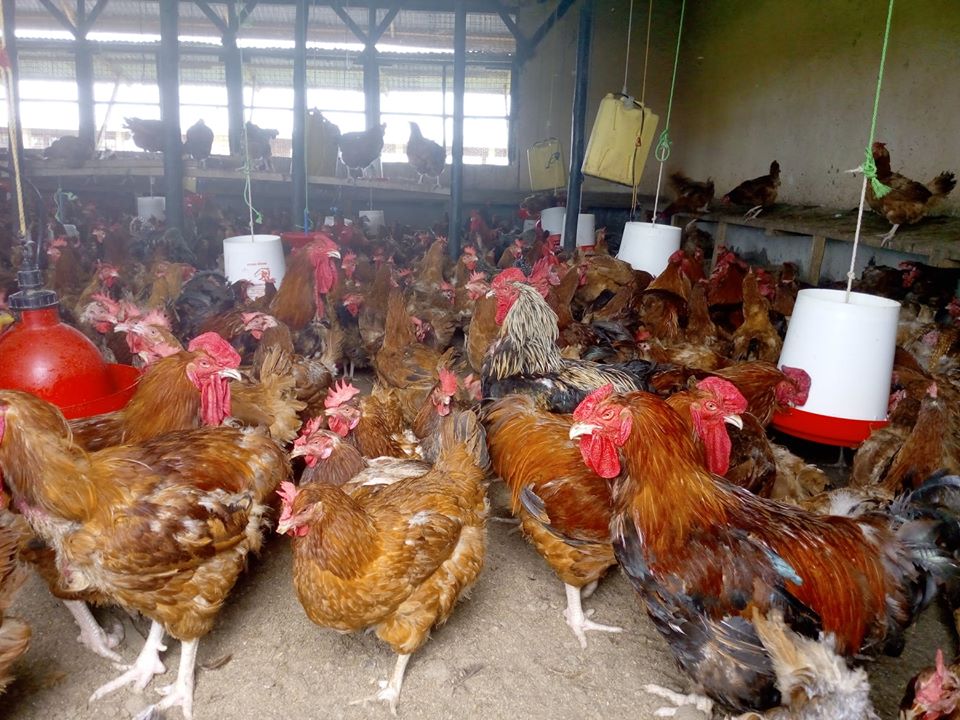New investors in telecommunications in Uganda will have to rent capacity from existing fibre optic cables, rather than lay their own to avoid duplication and try to lower internet costs in the country, the CEO of the industry regulator Uganda Communications Commission (UCC), told news agency Reuters.
“We need infrastructure sharing, if we already have cables in an area, don’t put [in] another one so that we don’t duplicate these things,” Godfrey Mutabazi (in featured photo), the UCC ED said.
He said that an exemptions would be given to firms that invest in sparsely populated areas as this would help increase internet access.
Uganda has about 12,000km (7,400 miles) of fibre-optic cable laid, according to the government.
The largest telecoms operator, MTN Uganda, has a cable network that lies alongside those of Bharti Airtel, and US technology giants Google and Facebook.
The government also operates a national broadband internet cable network.
There are about 24 million mobile phone subscribers in Uganda and an estimated 17 million internet users, according to the UCC.
Kyle Spencer, executive director of Uganda Internet Exchange Point (UIXP), a non-profit organisation, told Reuters the new policy stance was retrogressive and would create monopolies.
“The system is not broken and the reason that [price decline] has happened is because there’s been significant amounts of competition in infrastructure and service.”
He said bandwidth costs in Uganda had declined from $5,000 (£3,800) per megabyte per second in 2009 to the current $10 per megabyte per second.
“The market has worked,” he said.





